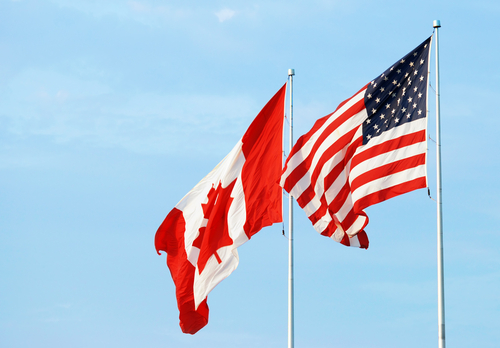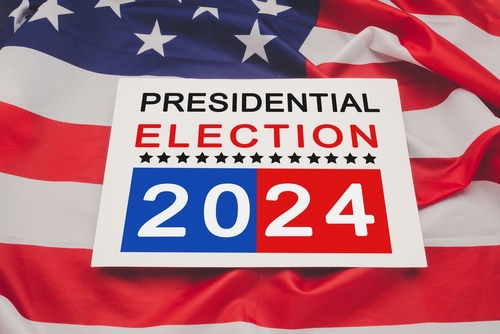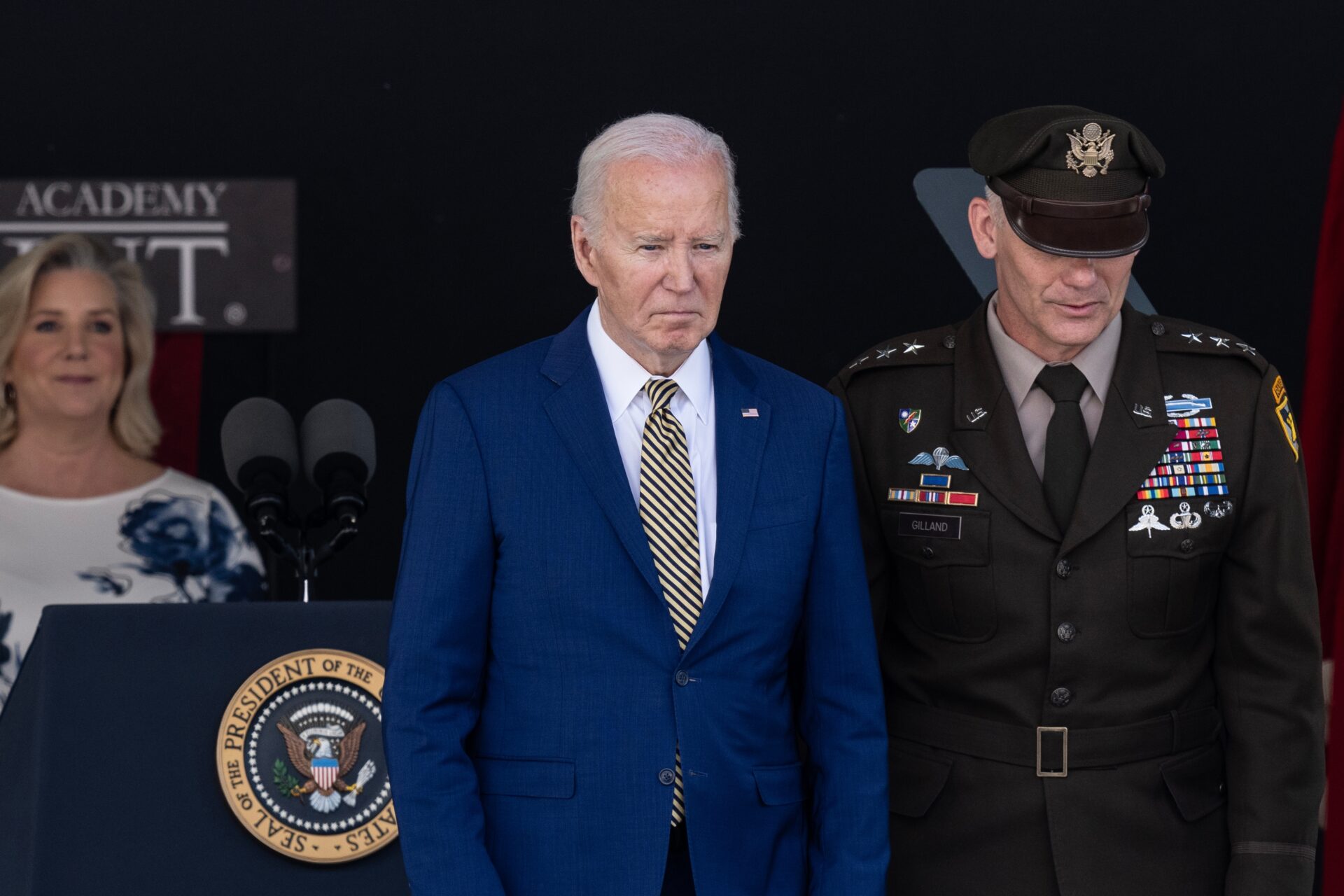Listen To Story Above
A recent online debate over H-1B visas erupted between tech mogul Elon Musk, entrepreneur Vivek Ramaswamy, and MAGA conservatives, highlighting deep divisions over skilled immigration policy in America.
The discussion began when entrepreneur Mario Nawfal highlighted America’s engineering talent deficit, noting surging demand for AI specialists and projecting a need for 160,000 semiconductor engineers by 2032.
Musk entered the fray, advocating for doubling the engineering workforce and comparing talent recruitment to professional sports teams seeking elite players globally.
Elon Musk and Vivek Ramaswamy said the U.S. needs skilled foreign workers because there are not enough "motivated" Americans to fill jobs in the tech industry. https://t.co/a7Pf5NHN4D
— Newsweek (@Newsweek) December 27, 2024
“The number of people who are super talented engineers AND super motivated in the USA is far too low,” Musk wrote.
“Think of this like a pro sports team: if you want your TEAM to win the championship, you need to recruit top talent wherever they may be. That enables the whole TEAM to win.”
When challenged about overlooking American talent, Musk defended his position. “Your understanding of the situation is upside-down and backwards. OF COURSE my companies and I would prefer to hire Americans and we DO, as that is MUCH easier than going through the incredibly painful and slow work visa process.”
He elaborated further: “HOWEVER, there is a dire shortage of extremely talented and motivated engineers in America. This is not about handing out opportunities from some magical hat. You don’t get it. This is blindingly obvious when looking at NBA teams, as the physical differences are so obvious to see. However, the MENTAL differences between humans are FAR bigger than the physical differences!!”
Musk later clarified his stance, focusing on attracting the top fraction of global engineering talent through legal immigration channels.
“Maybe this is a helpful clarification: I am referring to bringing in via legal immigration the top ~0.1% of engineering talent as being essential for America to keep winning,” Musk wrote.
Ramaswamy joined the discussion with a controversial perspective, attributing America’s engineering deficit to cultural issues rather than immigration policy.
“The reason top tech companies often hire foreign-born & first-generation engineers over ‘native’ Americans isn’t because of an innate American IQ deficit (a lazy & wrong explanation). A key part of it comes down to the c-word: culture. Tough questions demand tough answers & if we’re really serious about fixing the problem, we have to confront the TRUTH:
Our American culture has venerated mediocrity over excellence for way too long (at least since the 90s and likely longer). That doesn’t start in college, it starts YOUNG.”
#Musk, #Ramaswamy face #MAGA uproar after saying companies need foreign workers.
Ramaswamy implied on Thursday that @Americans are lazy.
Headlines start at https://t.co/eBLFkhaZgX pic.twitter.com/6Aryt6YQAU
— The Cincinnati News (@CincinnatiNews_) December 27, 2024
His extensive commentary criticized American cultural values and media influences, suggesting they prioritized mediocrity over academic excellence.
The debate occurs against a backdrop of existing H-1B visa controversies. Currently, the program allows 85,000 new visas annually, with 65,000 standard visas and 20,000 reserved for advanced degree holders from U.S. institutions. Recent data shows over 583,000 H-1B visa holders working in America.
Critics point to potential program abuse, citing Economic Policy Institute findings that major tech companies continued H-1B hiring while laying off American workers during 2022’s tech industry downturn. The institute reported that top 30 H-1B employers brought in 34,000 visa workers while laying off approximately 85,000 existing employees.






